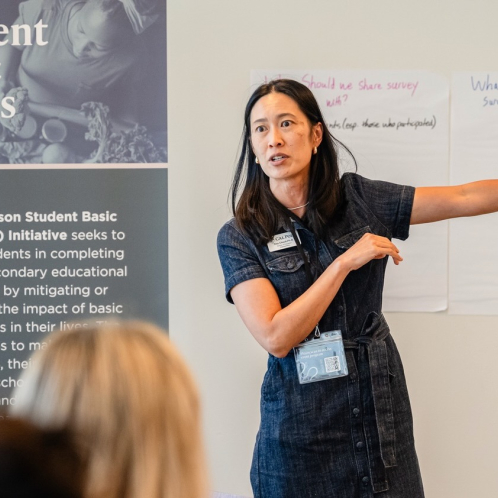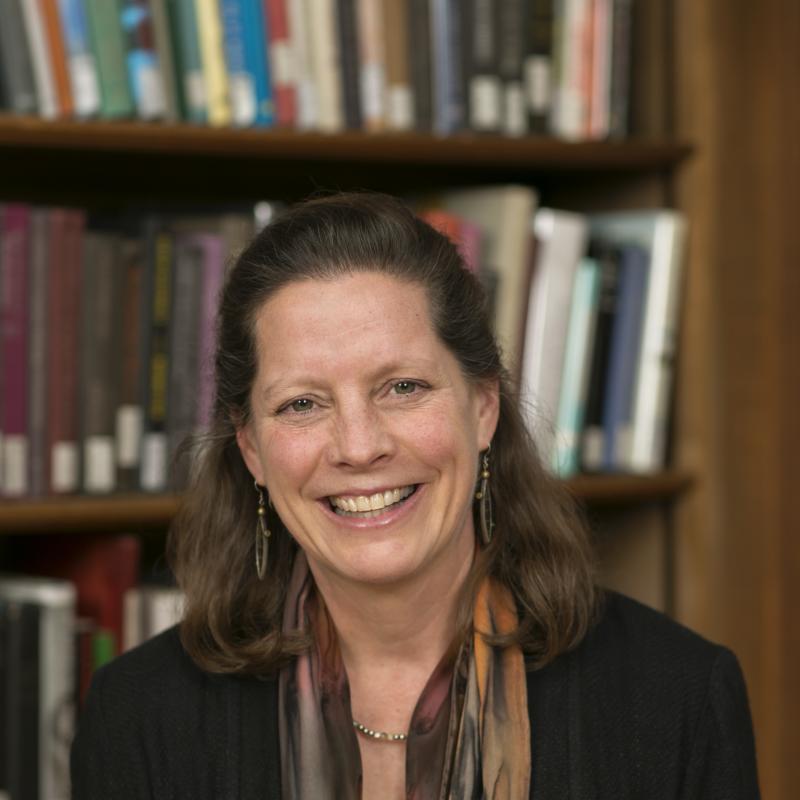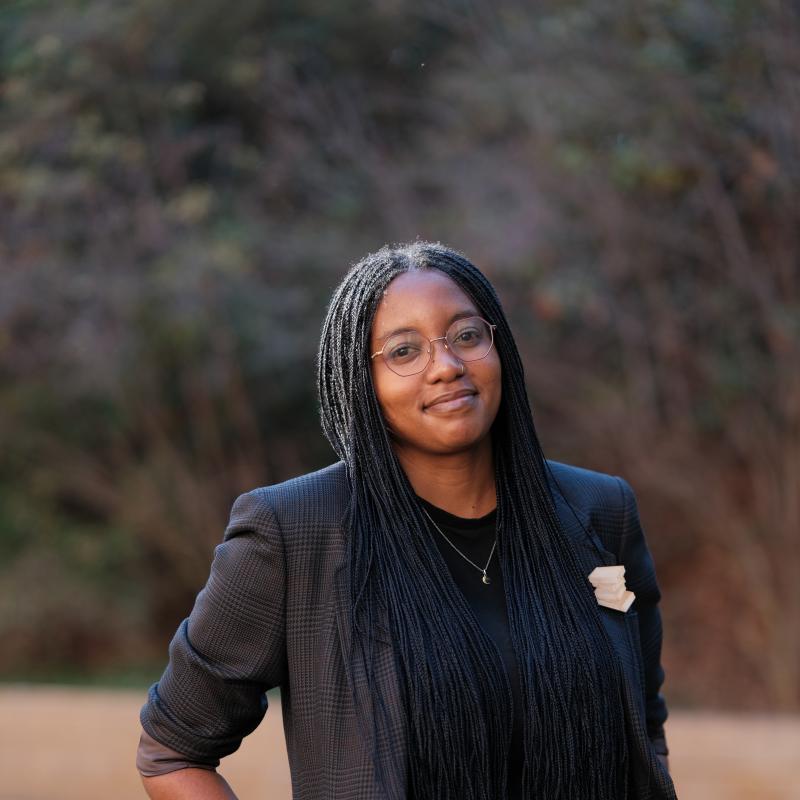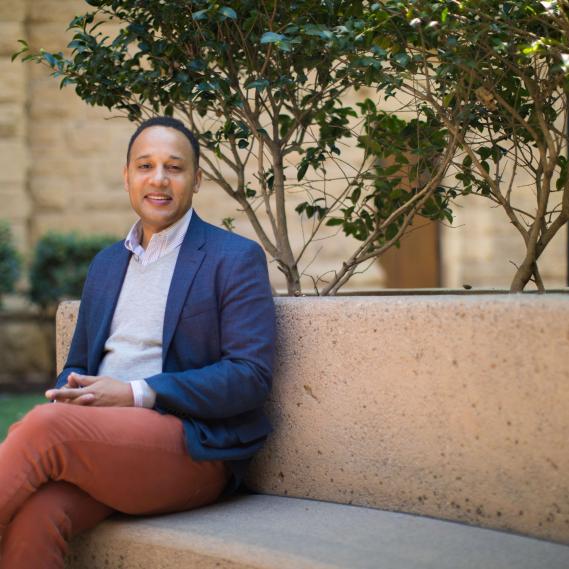
Tina Cheuk
Tina Cheuk, MA ’07, PhD ’19, is a science education researcher who also studies how best to teach English language learners in K-12 schools. An associate professor at California Polytechnic State University, her work includes expanding pathways for bilingual and special ed teachers in rural communities, and research that supports literacy development in elementary science classrooms.
But Cheuk’s highest-profile efforts—advocating for students who are parents—began when she was a student at Stanford, where she fought for ‘small wins’ such as accessible lactation spaces at the GSE, as well as a broader cultural shift in recognizing the role of care work that students and postdocs carry.
After she became a professor at Cal Poly, her efforts attracted the attention of other student parents, who sought her out for guidance in addressing attendance policies that penalized those who had to be absent to care for their sick children. Making data and narratives of student parents visible has been key to her efforts, and that advocacy work has grown into the California Alliance for Student Parent Success, for which Cheuk is an advisory member. Co-led by one of her former students, the alliance has been instrumental in the passage of two recent California laws that require public universities to maintain web pages with resources for student parents, provide priority registration for this student group, and include childcare expenses in financial aid calculations.
Cheuk also serves on an advisory board for California’s Cradle-to-Career Data System, a statewide initiative that equips students with tools to achieve their goals while providing insights into education and workforce outcomes. She is one of three recipients of the GSE’s Alumni Excellence in Education Award this year, which will be presented at a ceremony during Reunion Homecoming Weekend on Oct. 17.
Cheuk, who immigrated to the United States from Hong Kong as a child, sees similarities in her research on English language learners and her advocacy on behalf of student parents.
“For me, it’s just about providing students with equal opportunities to be successful,” she says. “Student parents have been made invisible—and that’s the story of English language learners, too. If we can make the student parents who are in higher education visible, people will see that there are a lot of us, and together we can demand things and change the culture to better serve us.”
Words: Rebecca Beyer



